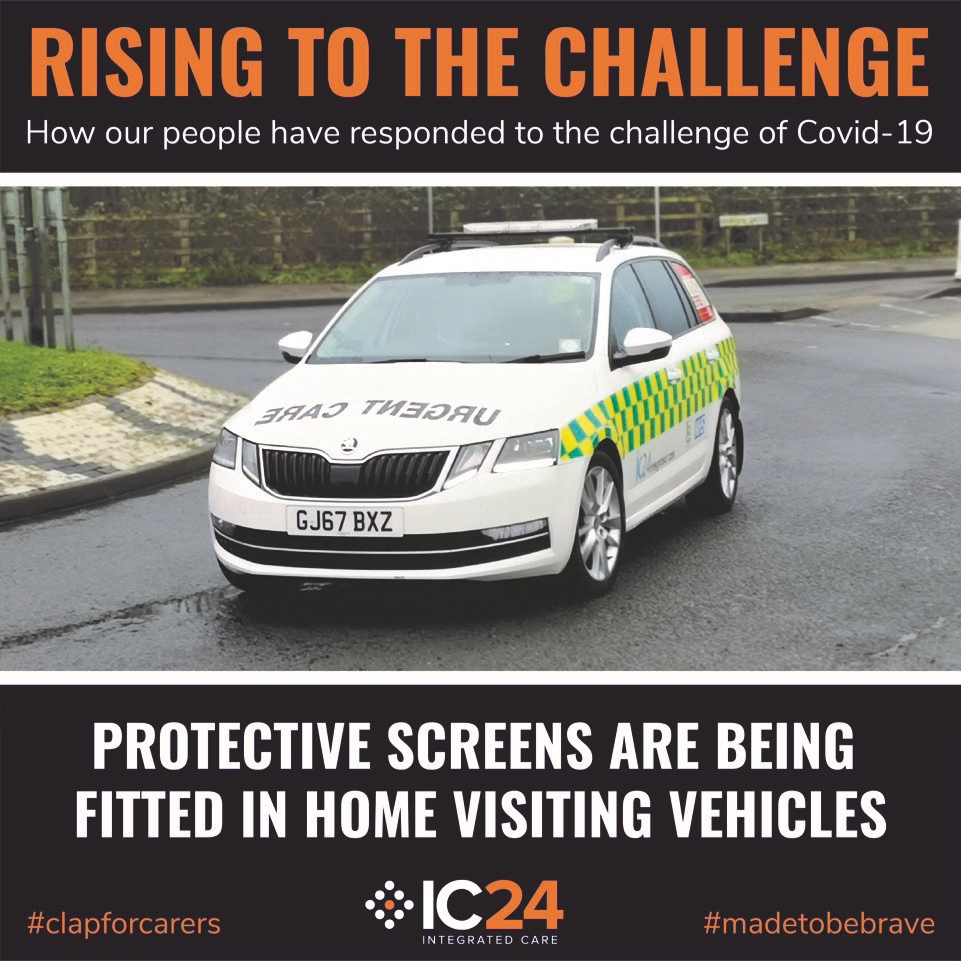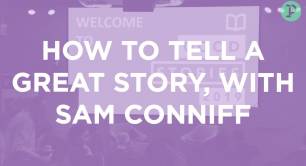How to be an effective social enterprise storyteller
Stories are up to 22 times more memorable than facts alone – and in challenging times, it’s particularly important to tell them well, says Sophie Short from Social Enterprise Mark CIC.
As we see a continued trend in consumer behaviour being led by ethical and sustainability concerns, there has been a definite shift in how many corporates are positioning themselves in order to appeal to ethical consumers. A Deloitte study published in 2020 found that 43% of consumers actively choose brands due to their environmental values, and over one-third of shoppers choose brands based on their ethical credentials.
In recent years, corporates have started to use impact storytelling to strengthen their brand and reputation, and it is crucial that social enterprises, as businesses that exist to create positive social and environmental change, find a way to make themselves heard. Increasingly, consumers want to spend their money with businesses whose core mission is to make a real difference, rather than lining the pockets of shareholders.
Corporates have started to use impact storytelling to strengthen their brand and reputation... it is crucial that social enterprises find a way to make themselves heard
As a recent School for Social Entrepreneurs blog explained, this is a perfect time for social enterprises to capitalise on the changes in consumer behaviour. One way they can do this is through sharing stories. Storytelling can be a key tool to reach and engage with customers and other stakeholders – research shows that stories are up to 22 times more memorable than facts or statistics alone. An effective story can help people relate to the organisation and the issues they are addressing.
Hidden heroes of Covid-19
At Social Enterprise Mark CIC, we are always eager to share stories of the incredible work of social enterprises, and never more so than during the last 12 months, when so many of these businesses have really stepped up to the forefront of the response to the Covid-19 pandemic. In challenging circumstances, they have demonstrated their flexibility, by scaling up or adapting their offer to fit the changing environment.
In May last year, we compiled a collection of stories from across our network of accredited social enterprises, which illustrated how they had responded to the Covid-19 outbreak and provided much-needed support to their local communities.
 For example, urgent care provider Integrated Care 24 has been at the frontline of the Covid-19 response and had to quickly adapt their service delivery model to reflect the changing circumstances last year. To share their story, they created a set of graphics (pictured) to give examples of how they were ‘Rising to the challenge of Covid-19’, which were posted on their social media channels.
For example, urgent care provider Integrated Care 24 has been at the frontline of the Covid-19 response and had to quickly adapt their service delivery model to reflect the changing circumstances last year. To share their story, they created a set of graphics (pictured) to give examples of how they were ‘Rising to the challenge of Covid-19’, which were posted on their social media channels.
With demand for their community transport services dropping as the country first went into lockdown last year, ECT (pictured top) explored other ways they could support the most vulnerable in their local communities. They swiftly repurposed operations to deliver hundreds of food parcels and meals daily across Ealing, for which they were praised by local council leaders. In recognition of the contribution of their staff, volunteers and partners during the pandemic, ECT launched the ‘Hidden Heroes’ series – a collection of stories that shine a light on the people making a difference, whose willingness to step up and serve their community goes to the heart of what ECT is all about.
 A key part of social enterprise storytelling is to embed the story of beneficiaries – what is the issue being addressed? What has been the impact for the individuals or community being served?
A key part of social enterprise storytelling is to embed the story of beneficiaries – what is the issue being addressed? What has been the impact for the individuals or community being served?
To demonstrate its own social impact, Charity Bank shares stories of change (pictured) from the charities and social enterprises it supports, which explore the difference they create for communities.
Amplify your story through awards
Awards can often provide a good vehicle for storytelling, as well as providing a credibility and profile boost. For example, the annual SE100 Awards, delivered by Pioneers Post in partnership with NatWest Social & Community Capital, celebrates and promotes the stories of change that characterise the social enterprise sector. Through collecting these powerful stories, the SE100 also builds greater intelligence about the growing social enterprise movement, which can be used to boost awareness and understanding.
Awards can often provide a good vehicle for storytelling, as well as providing a credibility and profile boost
At Social Enterprise Mark CIC, we also run an annual competition for our network of accredited social enterprises, to showcase stories of the social impact they are creating. This year, we have invited them to share their ‘Story of 2020’, showing how their organisation responded to the Covid-19 outbreak and how they have weathered the storm to continue providing much-needed support to local communities and wider society. We are delighted to be working with Pioneers Post as media partners for the competition, which will help us showcase these stories to a wider audience.
We encourage all social enterprises to start using storytelling as a tool to promote their business and demonstrate the social impact they are creating. It needn’t be a time-consuming or costly process – hopefully the above examples provide some quick tips for how you can get started.
Header image: Community transport charity ECT, which repurposed operations during the pandemic to deliver hundreds of food parcels and meals each day across Ealing.
Thanks for reading Pioneers Post. As an entrepreneur or investor yourself, you'll know that producing quality work doesn't come free. We rely on our subscribers to sustain our journalism – so if you think it's worth having an independent, specialist media platform that covers social enterprise stories, please consider subscribing. You'll also be buying social: Pioneers Post is a social enterprise itself, reinvesting all our profits into helping you do good business, better.




